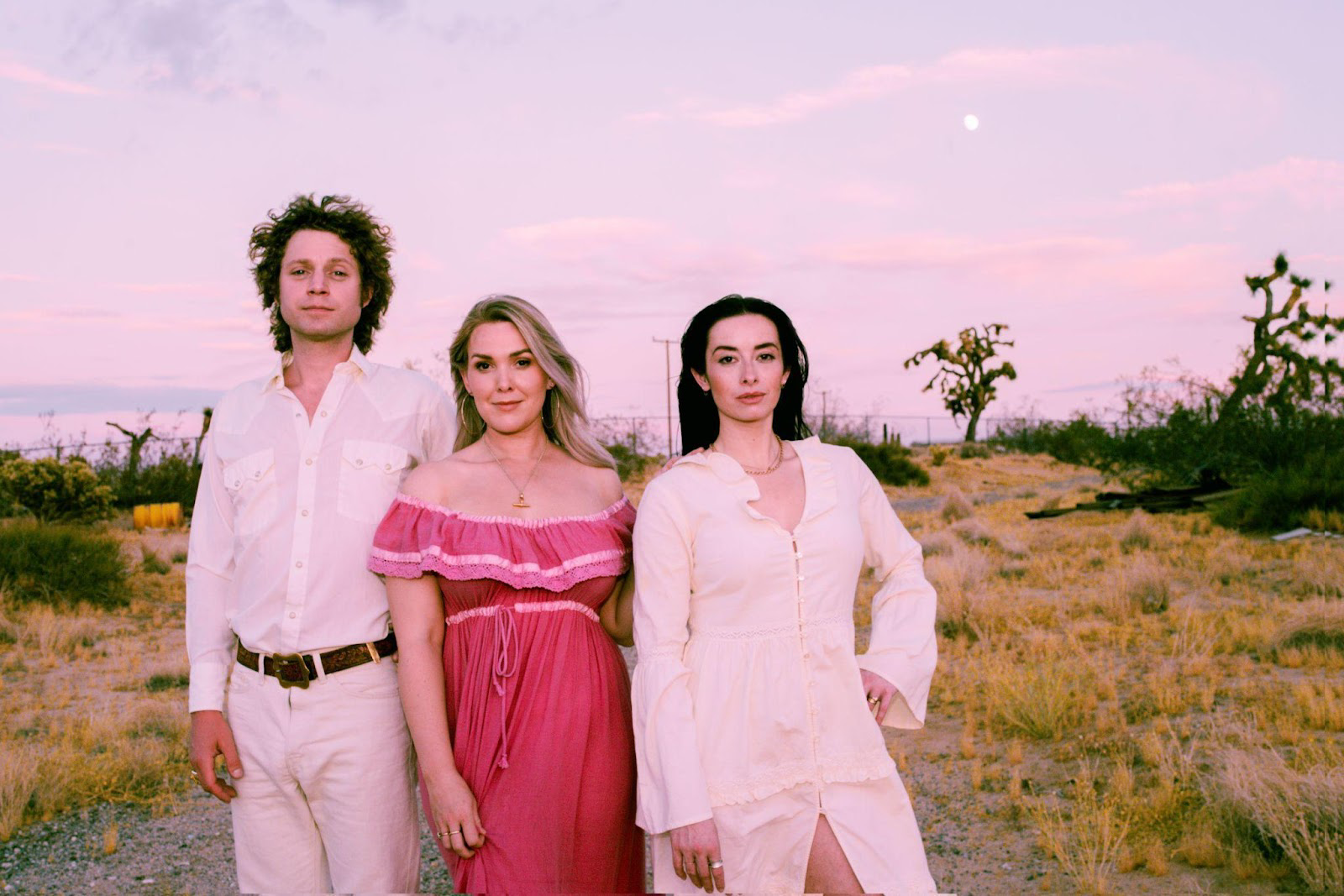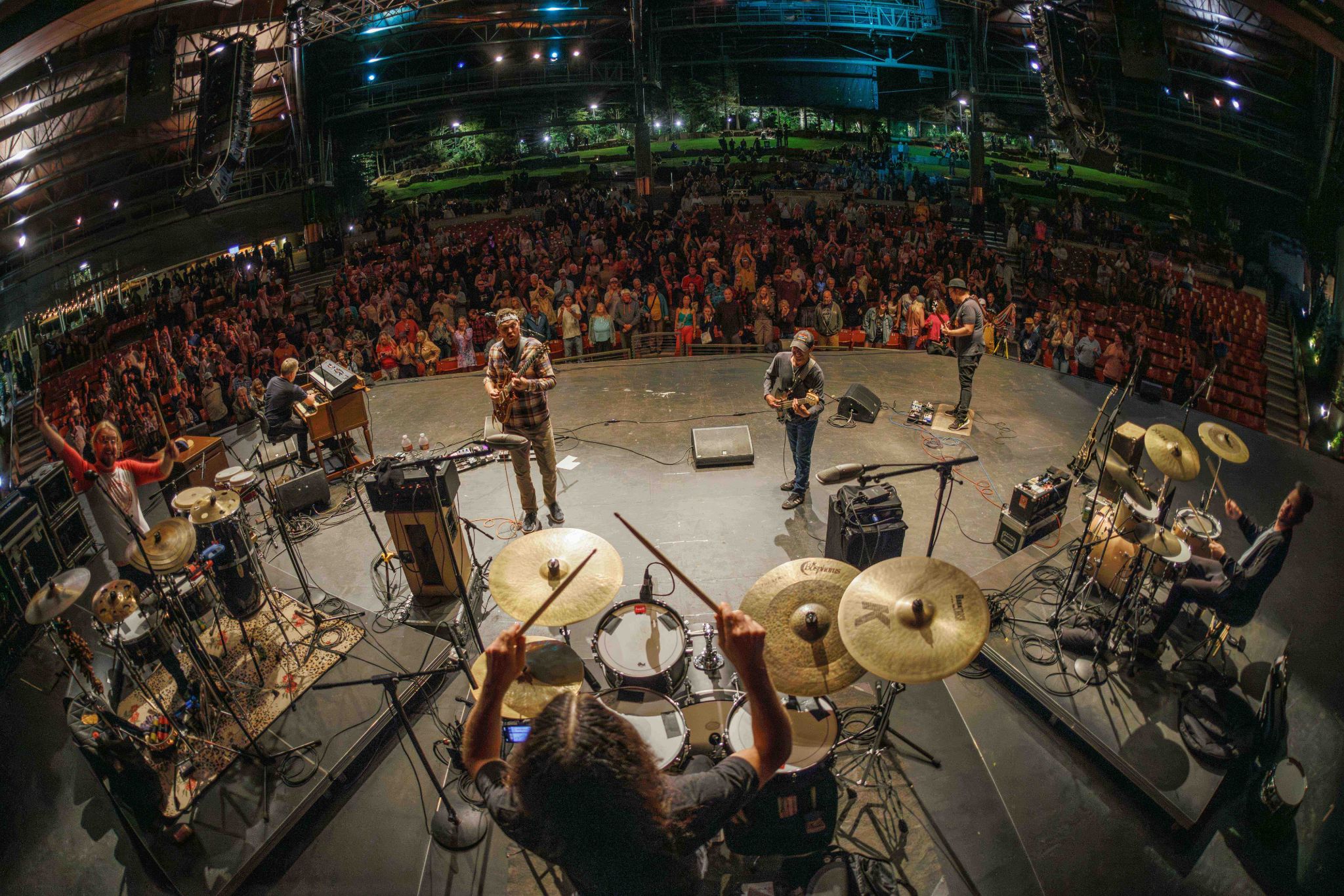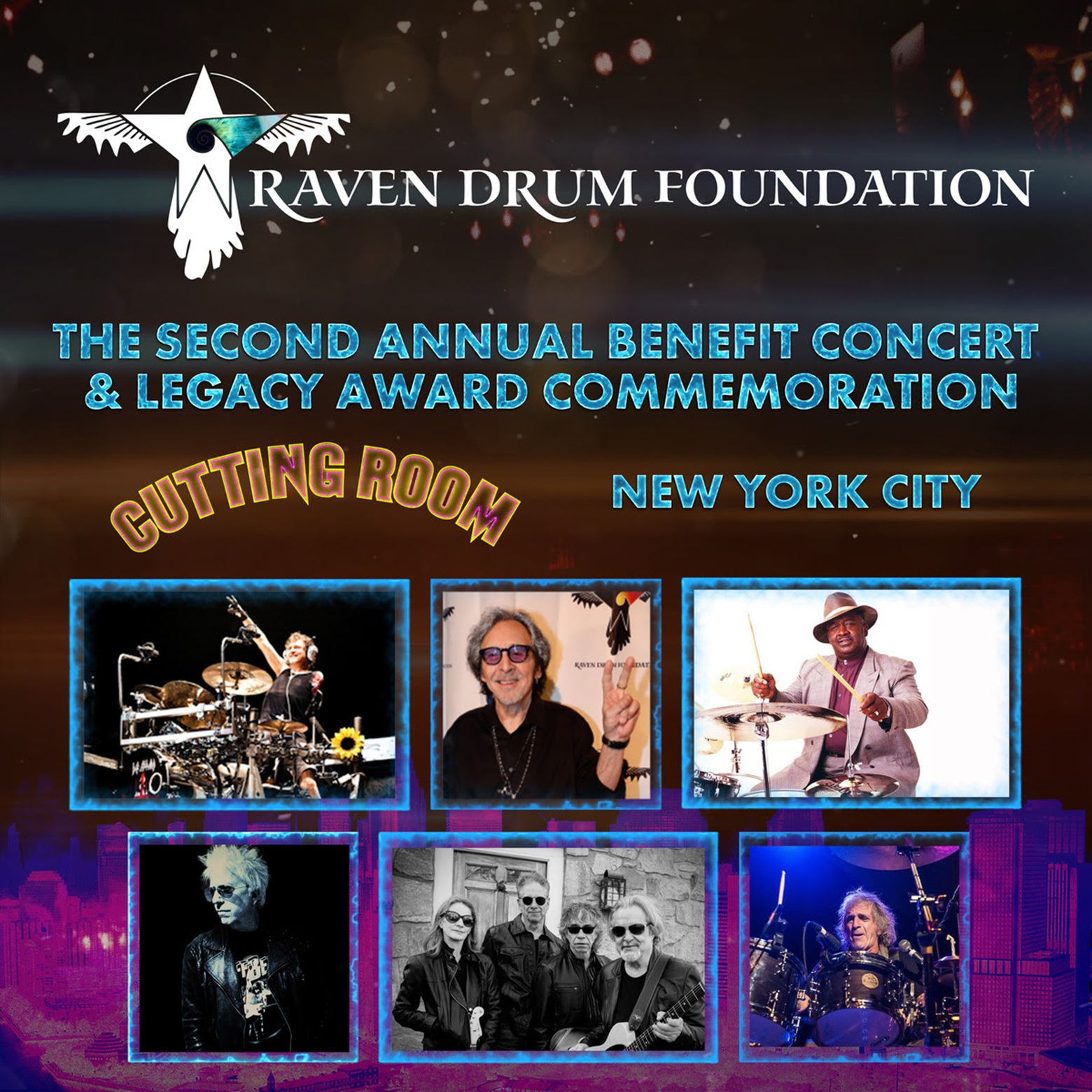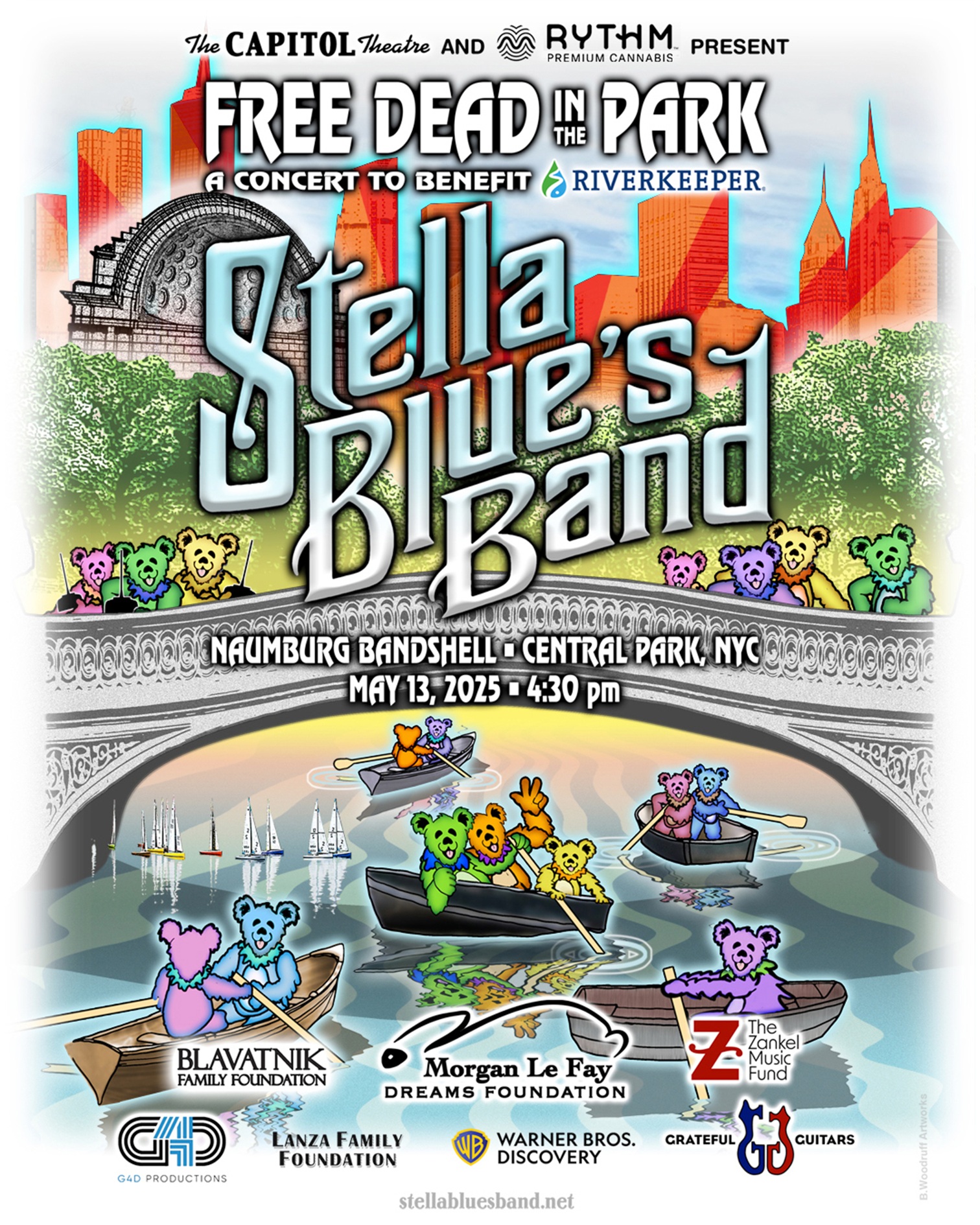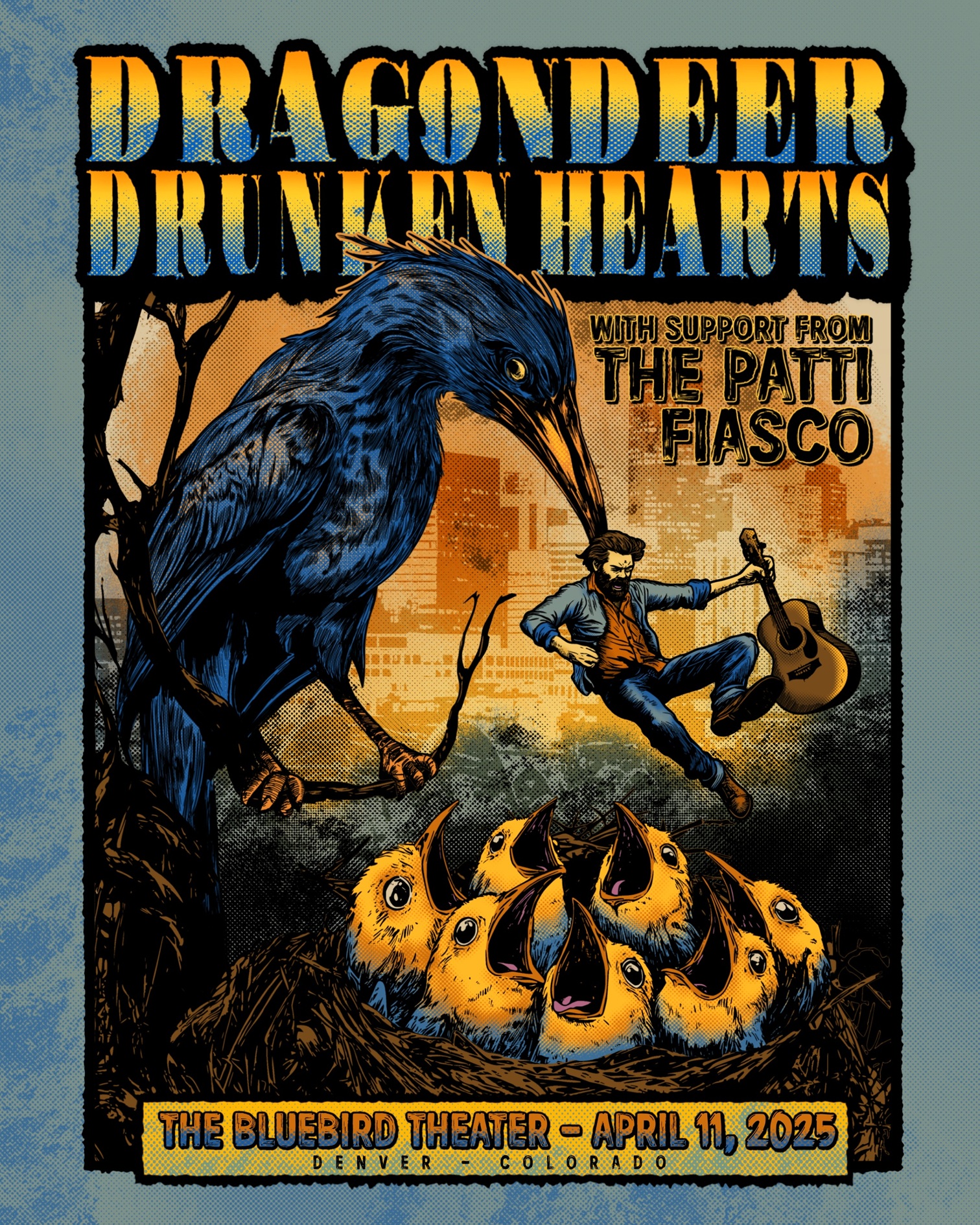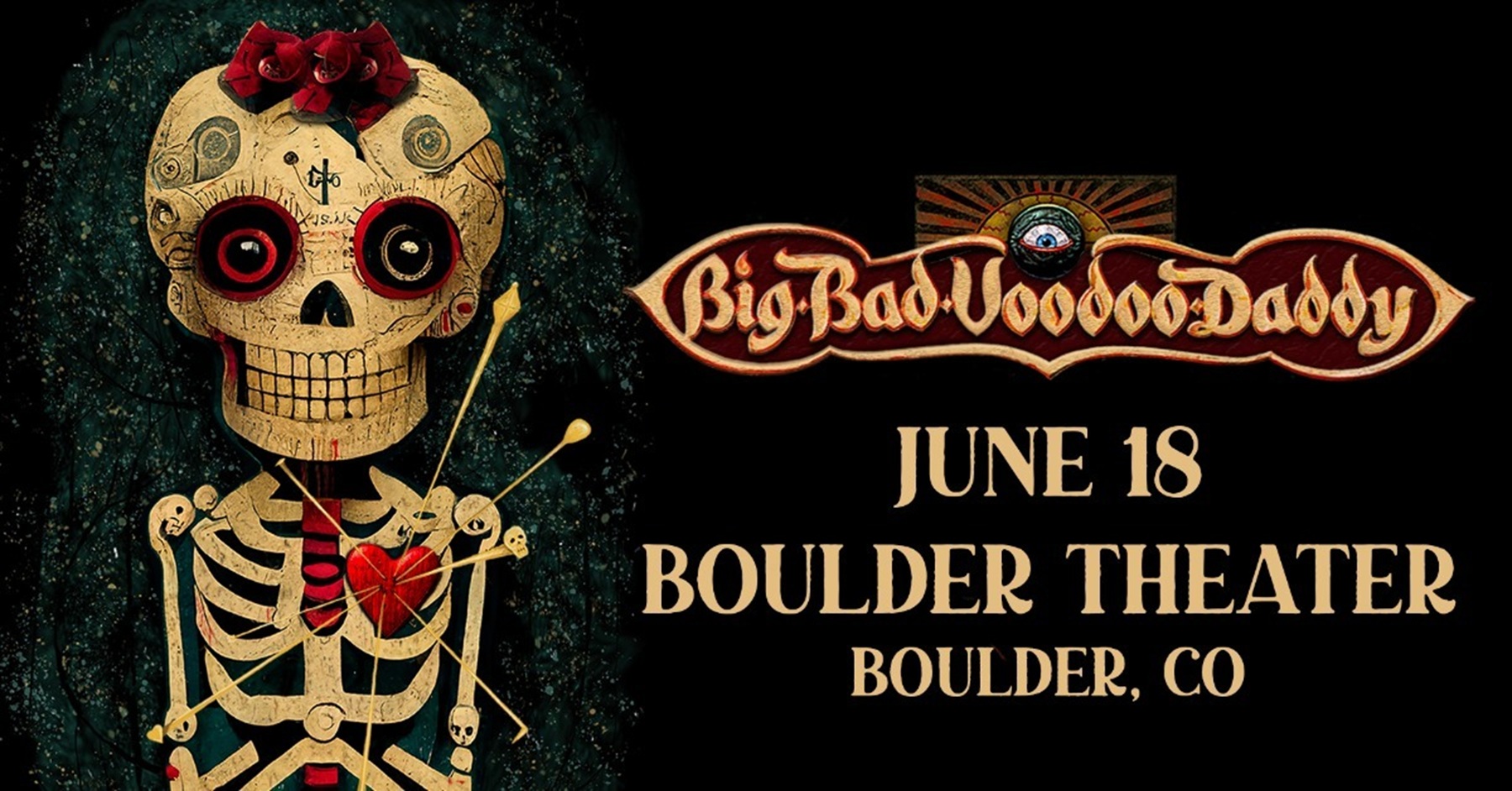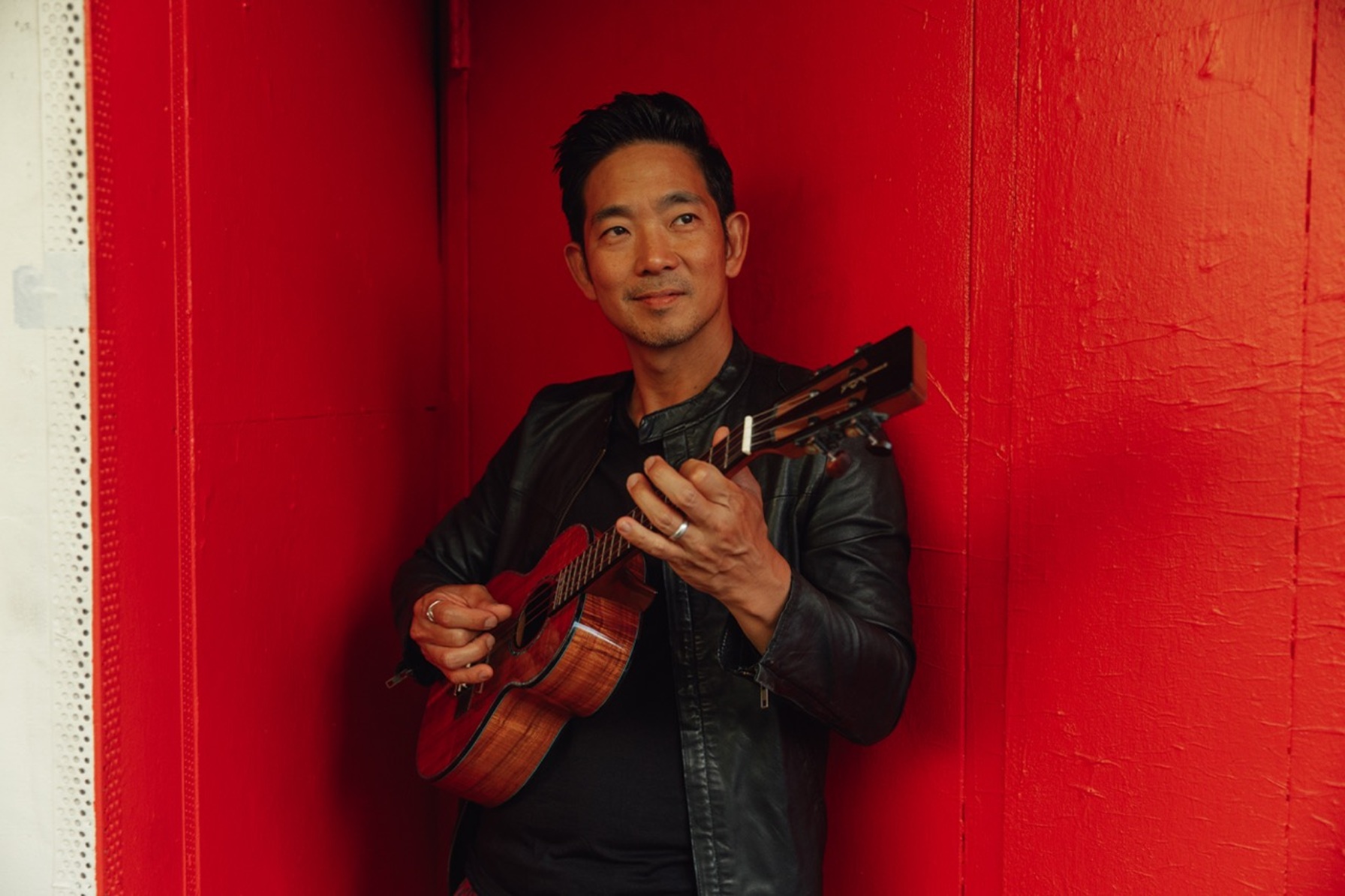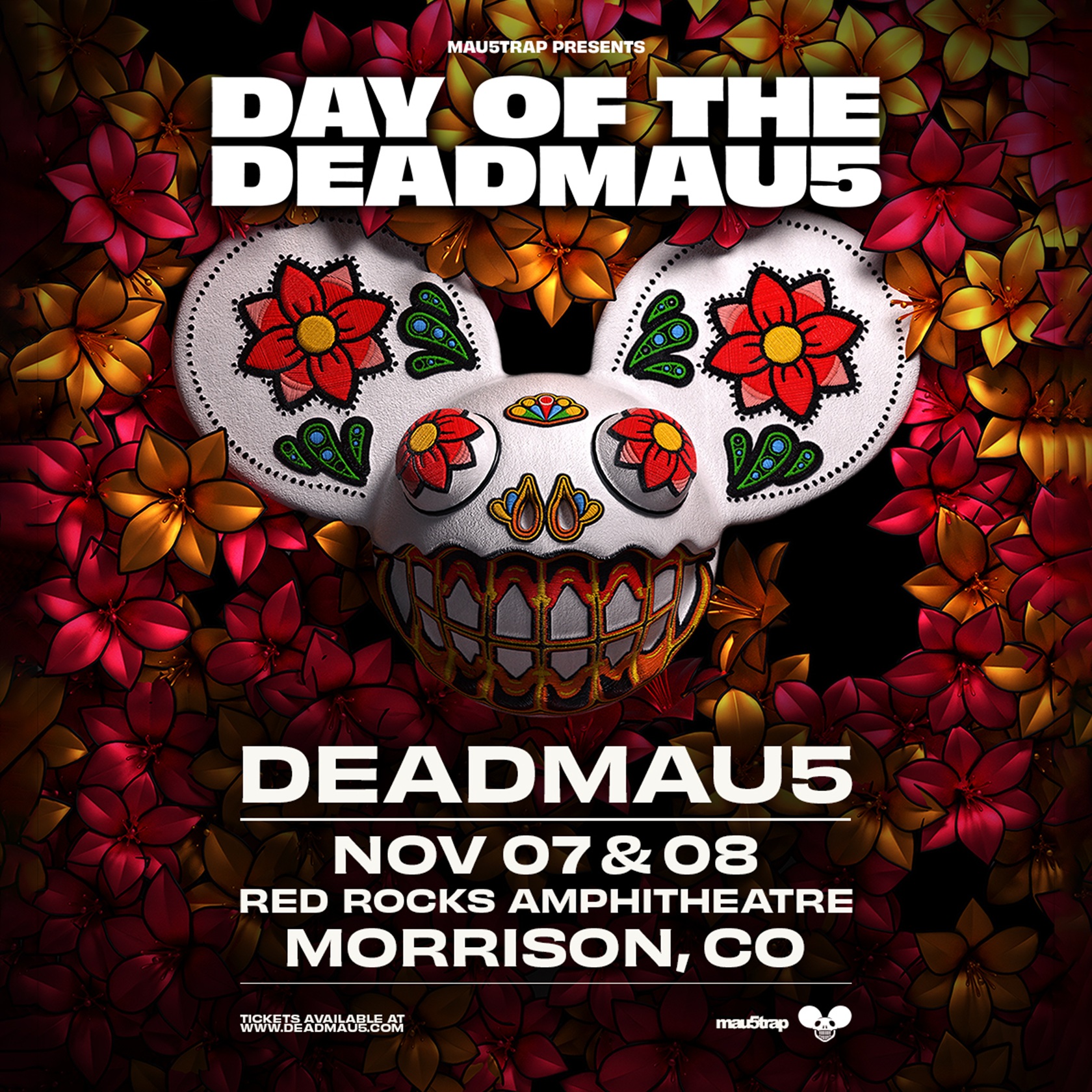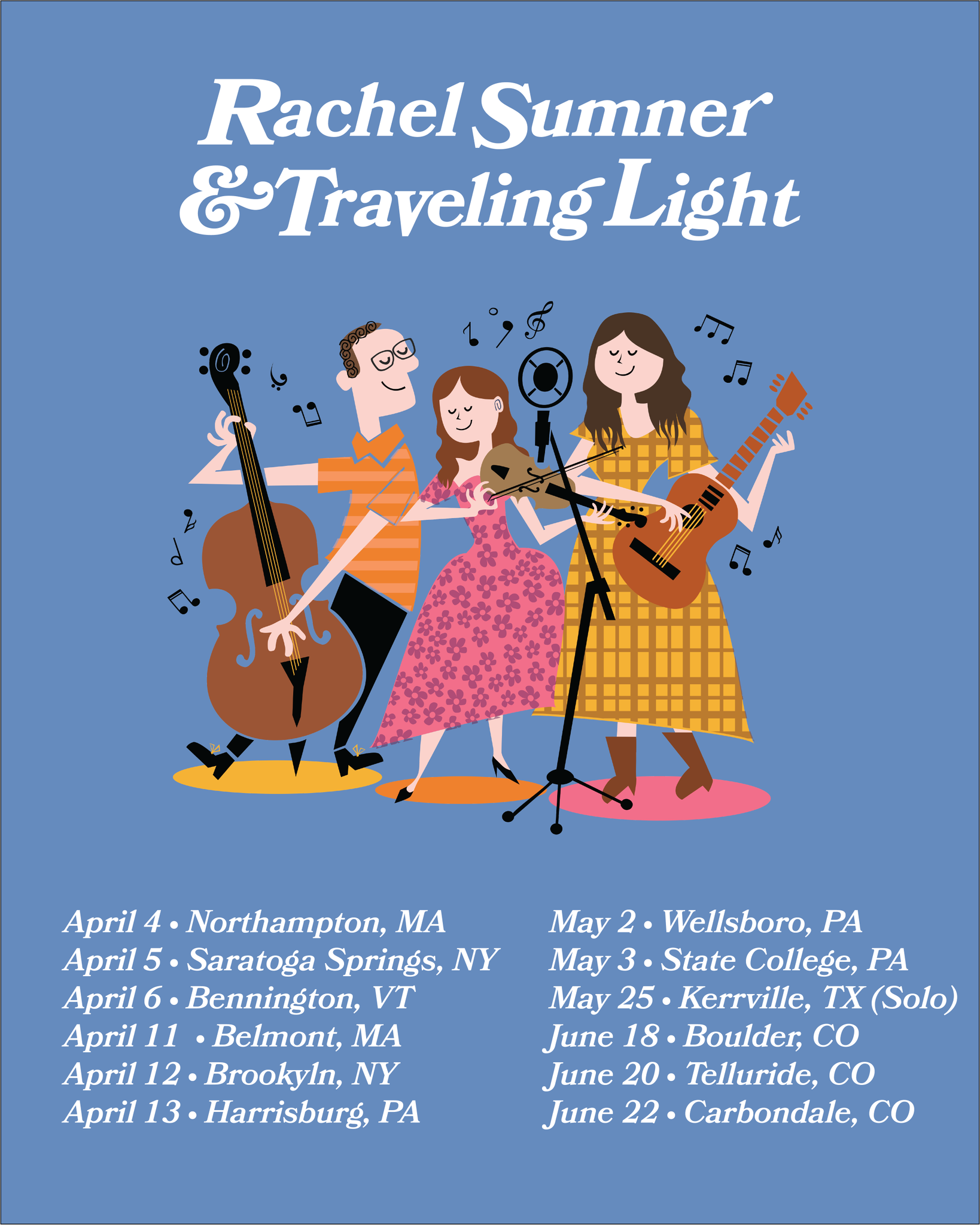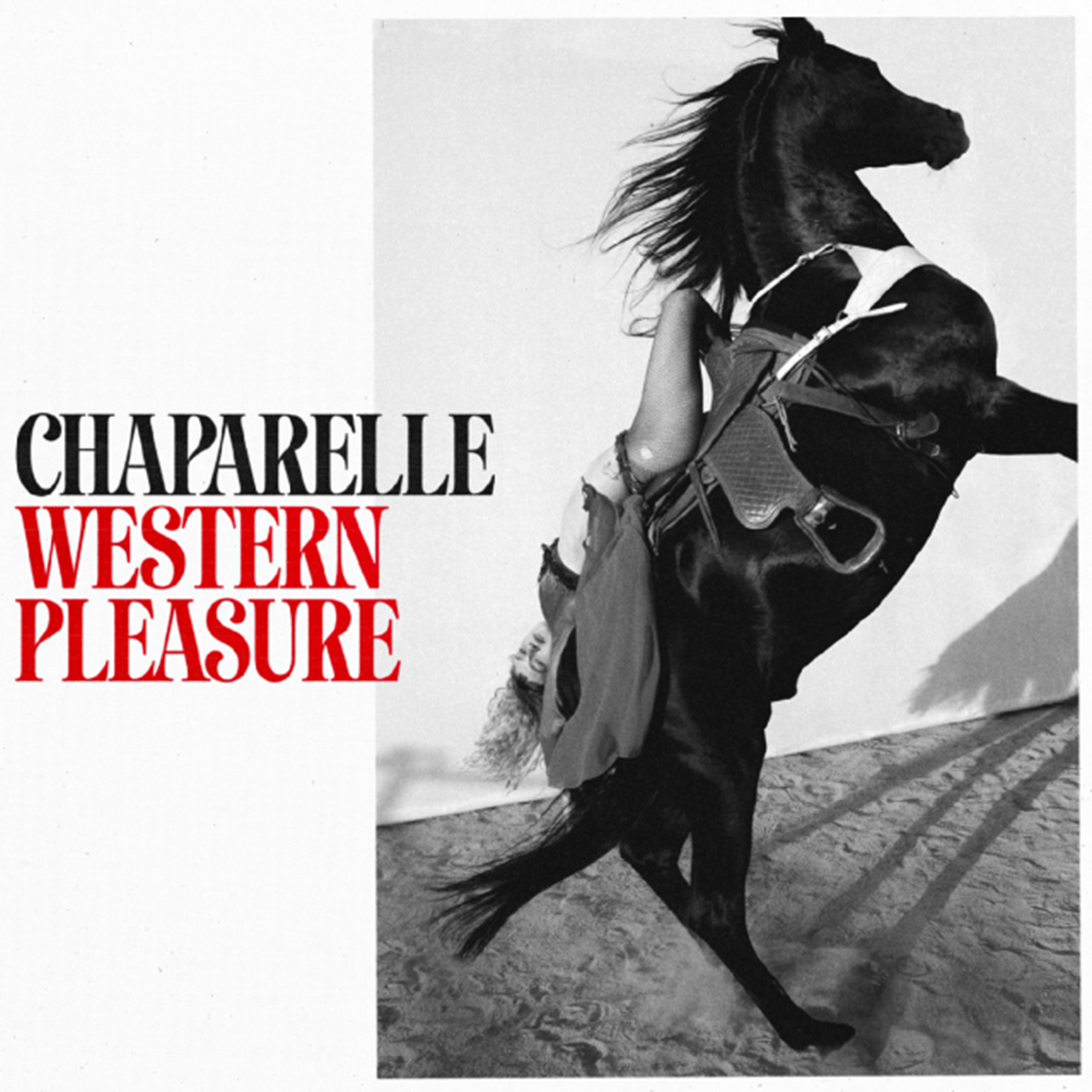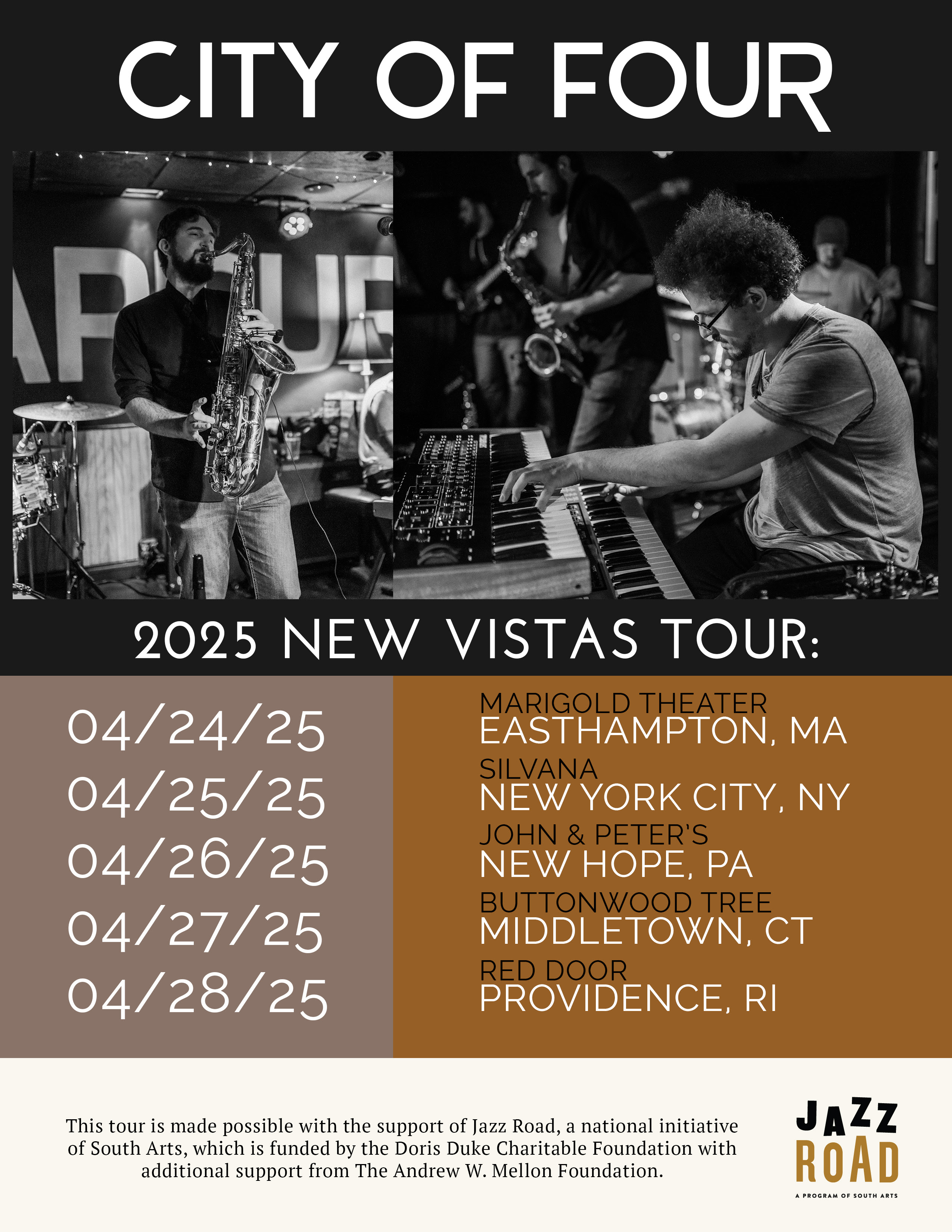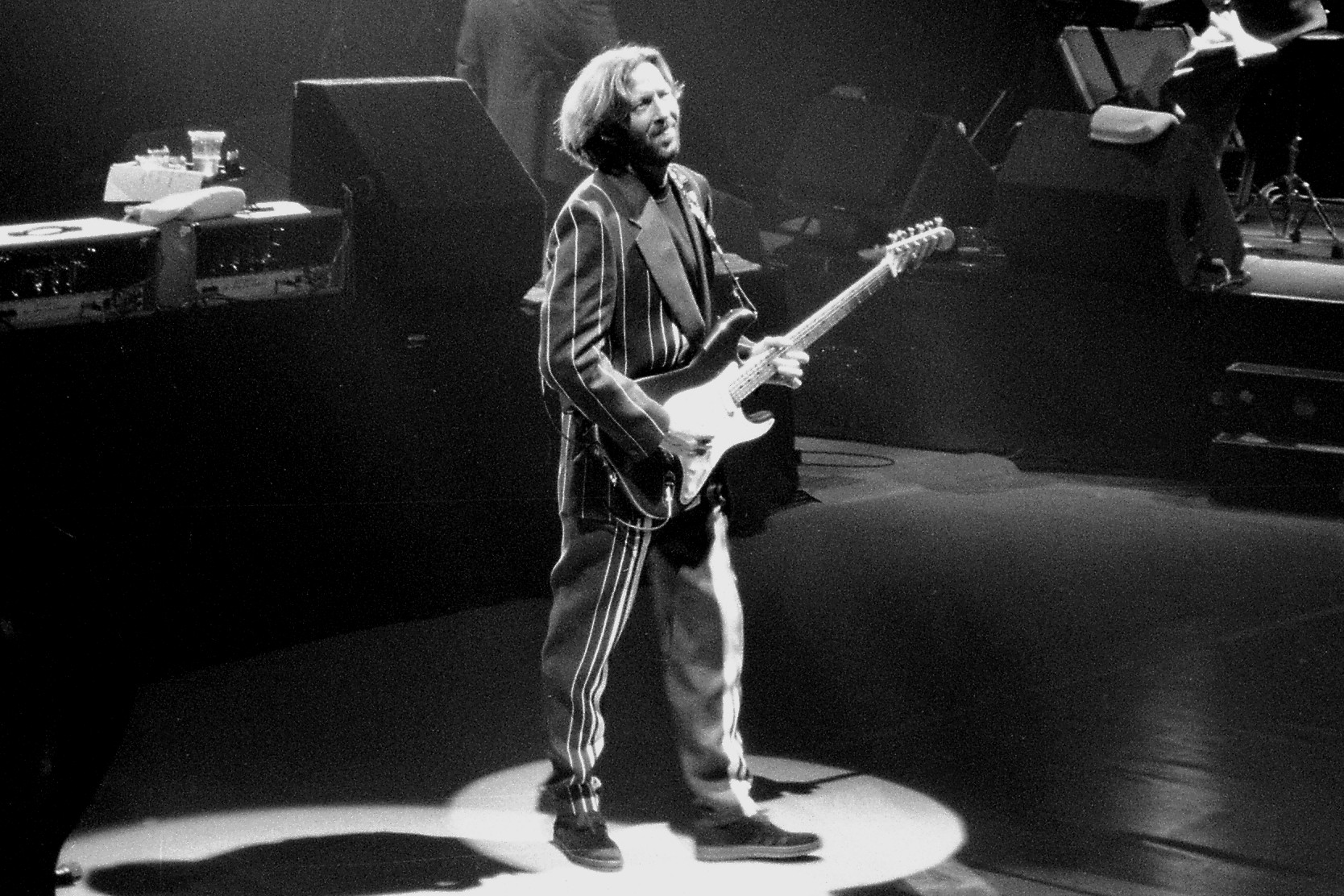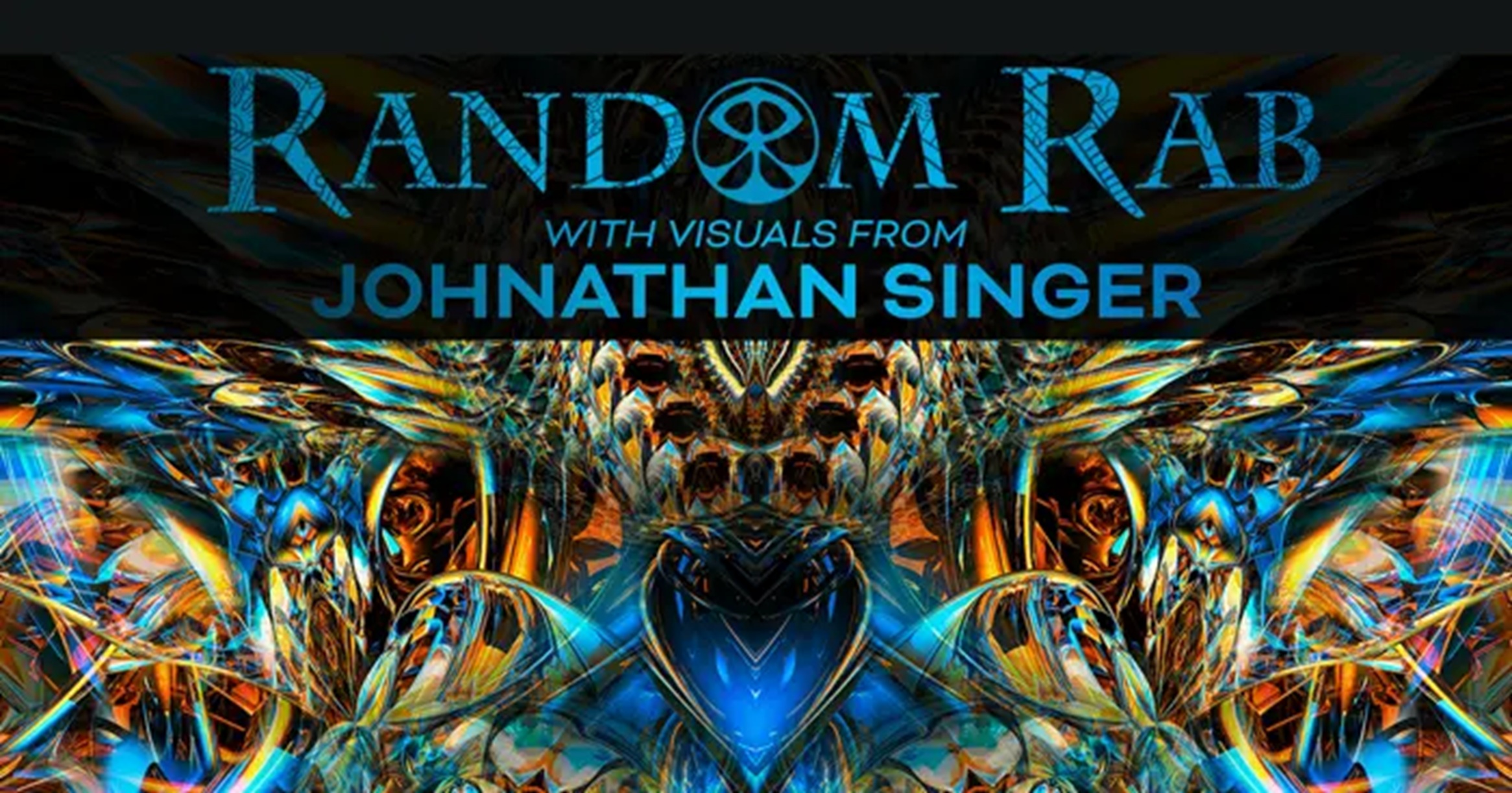The Grateful Web was fortunate enough to have a chance to speak to Ian Anderson, singer and songwriter for the legendary band, Jethro Tull. We're incredibly flattered Ian spent some of his time with us as he prepares for a summer tour on the east coast of the United States.
GW: Hi, Mr.Anderson?
Ian Anderson: Yes, hello.
GW: Ok. Grateful Web thanks you on behalf of listeners who grew up listening or lucky enough to see Jethro Tull perform, and on behalf of all the bands who followed after Tull with the clear message the Minstrel is finally free to tell all, without fear of having his head cut off.
My first question is how did the Minstrel come to be? What was your first experience with an instrument?
IA: My first experience with a musical instrument was probably being encouraged by a completely mad grandmother to play a few notes on a piano, when I was four or five years old. She was such a terrifying woman it really put me off music until I was eight or nine years old, and I spied an advertisement in a newspaper for an Elvis Presley Guitar for the pricely sum, loosely translated, about 2 dollars. As you can imagine, it turned out to be a grave disappointment when it arrived through the post, because it was in fact just a plastic ukulele, sounded quite awful and wouldn’t stay in tune. That was my first musical instrument, and it did however in fact have Elvis Presley’s autograph engraved in the plastic and a cheesy picture of him playing a much bigger man sized guitar. That set me off on a quite cynical course, of how to avoid mail order items, at least for the next twenty or thirty years of my life, since it was a complete rip off.
However, it least it was a chance to strum something, and when I was eleven years old I got a beat up old Spanish guitar, and tried to learn to strum that, but it wasn’t until I was fifteen or sixteen that I started playing the guitar a little more seriously, learning some proper chords, taking the first steps towards improvisation, and that was in the context of acoustic folk blues, which was what I listened to when I was a teenager.
So that was my first instrument, and when I was twenty I took up the flute, and a few other acoustic instruments, which I’ve learned to play, at least enough, to use them for writing songs, manfully attempt to play them onstage and earn an honest crust.
GW: Picking up the flute at twenty was pretty brave for the Rock scene. What came first, the flute as a way to play music, or to express yourself through the music?
IA: Well it was an alternative instrument to the guitar. And everybody played guitar. And by the time I was twenty years old, we knew of lots of guitar players. I mean Jeff Beck, Jimmy Page, Ritchie Blackmore, they were all quite active on the session musician scene in London and of course Jimi Hendrix and Eric Clapton were hot on the heels
It really didn’t seem a lot of point , when I first heard Eric Clapton, I would have been eighteen or nineteen, I decided at that point I was never going to be that good as a guitar player and I should find something else to play I was reasonably confident Eric Clapton couldn’t play.
And indeed, over the years I’ve keep a careful watching eye over Eric Clapton’s career, and so far he’s not yet gravitated to the flute so I think I’m on pretty safe ground.

GW: When I mention the Minstrel, there is a real sense of a reincarnation of a Medieval Minstrel, but without the fear, as we said in the beginning, of getting your head cut off. I mean nothing is off limits to you, in terms of Whores, Hobo’s, the Church of England, the all time loser’s trying to win the rat race. Again, that seems to fly in the face of what modern music expected. You said you had cynicism from the Presley guitar, was that the start of that cynicism?
IA: I don’t think so. I think I’ve probably been naturally a little wary, rather then necessarily cynical, but a little wary of things that are broadcast, spun and doctored to make us take in a message, and of course that includes necessarily the way in which many religions are presented to us. And when I was at school, I rather rejected to the way that I was taught about Christianity, because we didn’t touch upon other religions at my school, and I thought that was, then, a little odd, and today I think its pretty criminal really; that we in a multi-ethnic, multi-cultural society, and really the culture of religions, plural, is something that everyone should grow up with an understanding of, and I do feel that by being taught the essence of different religions , the common ground, and the differences, is something that all children all over the world, should have , regardless perhaps, of the native religion of their country or society. By teaching children about other values, in an unbiased and open way, I think we might diffuse a lot of the prejudices and the hatreds that are so rampant.
I didn’t get that opportunity as a school boy, and I don’t think; although today there is a little more enlightenment certainly here in the UK about teaching comparative religion, rather then just a dedicated one religious experience in school; it’s still been a long time coming, and its still probably not as emphatic and across the board as I would like to see it.
But that’s not just cynicism, it’s a discomfort and a mistrust of having things presented in a way that is just spinning one version of the story, and that I feel is probably something that does provide the essence in creative thought in songwriting is to tackle some of those issues.
GW: Did you get any grief from record companies or radio stations for some of the content?
IA: Not really. In the USA was the only place in the world where there was any real condemnation or anger about interpretation of the album Aqualung specifically, and that just happened I suppose in the few Baptist strongholds of the southern states of the USA. Notably, in Italy, it was an album that immediately catapulted Jethro Tull to some considerable level of approval. And I don’t ever recollect any condemnation from the catholic church., and indeed from the Christian church anywhere else. I think on the whole, people who took the trouble to listen to the lyrics and understand what I might be saying, really understood it wasn’t just a blanket condemnation of Christianity, it was a critical response to some of the ways in which the values of Christianity are sometimes taught to us and presented to us. The only place I had a problem was a little bit in the USA. But then, extreme religious views are just as extreme there as they are (laughs) in some other places that we probably shouldn’t go into.
GW: I’d like to apologize for the USA if I can.

IA: No, you don’t have to do that, I’ve been traveling to the USA for many, many years, and made lots of friends, and hardly any enemies, so I’m a champion of the USA in many parts of the world, and have been for many, many years. For all the good things that its done, and all the unbiased things that its done, and the help that its brought to many different countries.
But you still cant escape the fact that in your country and in mine, we do have a history of some pretty radical religious activities in our history, and some pretty regrettable things we’ve done in the name of the Christian religion, which I guess we should all feel a little ashamed of. So it goes with the experience. If you find religion, you will also find some reason to question and query , and have to give some very serious thought to some of the scary moments.
I just came back from a vacation with my wife, and I took with me the King James version of the bible, and I was wading through some of the old testament when I was on vacation just to refresh my mind about some things, there are lots of things in there that I find truly appalling. But it’s a translation of a translation many, many years ago, and I have to take the slightly broader view that I shouldn’t take it too literally even though some of the language does appall me.
GW: One of my favorite things about your music is you go much beyond just questioning society, you find simple joys in the simple things in life, from a cup of coffee, to your mate spilling crumbs on the bed, again its going against the tide. Not worrying about what people want to hear, but telling us a unique story.
IA: The joy of being a songwriter is you get to express different facets of your personality, your character, and it doesn’t all have to be all harping and critical and bitter and cynical and twisted (laughs) it can sometimes be whimsical and upbeat and humorous and even maybe a little bit romantic and so all of those things, they are the arsenal available to the songwriter that he can or she can bring into battle really, into writing songs, and I think it is quite a joyful experience really to be able to do that.
I’ve often thought that the degree of freedom that you have as a songwriter probably excels the freedom that you have in many other creative disciplines where you do have to kind of toe the line quite a bit more. And particularly of course for classical musicians who have to read the dots as they were written by Bach, Beethoven, Hayden, whoever it might be. You only have the slightest nuance of expression so as to vary the tiniest and almost imperceptible sort of way what was written or previously accepted as a good reading that worked.
But as a songwriter, you get to write your own chapter or verse, it’s a glorious experience to be able to do that, whether you’re writing complex music or simple little ditties.
 GW: There is a very powerful character, that emerges through the pantheon of the Jethro Tull work, a very strong character that’s conveyed to us as we grew up, and helped form our minds. In a thousand years from now, when we wont have the privilege of seeing Jethro Tull perform live, what can you tell the listeners in a thousand years from now, who only will have videos and the recordings of your work, about that character?
GW: There is a very powerful character, that emerges through the pantheon of the Jethro Tull work, a very strong character that’s conveyed to us as we grew up, and helped form our minds. In a thousand years from now, when we wont have the privilege of seeing Jethro Tull perform live, what can you tell the listeners in a thousand years from now, who only will have videos and the recordings of your work, about that character?
IA: Well…first of all the difference between the character and me in real life is really not that great. I think I would not be alone at all in unveiling the thought that really being on stage is just a slightly—I mean really you just turn up the wick a little bit, you burn a little bit brighter, but essentially I think—I mean Keith Richards is essentially the same kind of guy offstage as he is onstage, except that he’s a little bit louder, and brasher and whatever. I don’t really see a big difference between most people who perform onstage and their private life personalities, just that you don’t have to spend all of your waking day quite at the level that you may turn up to when you go onstage.
Its not like being an actor, and being one kind of a person in real life, and then sitting in your dressing room in a theater in London for an hour before you go on, and gradually getting into character, getting your mind and your body into the physical and mental role of playing the character live on stage in front of an audience, that is a metamorphosis that is truly a Jekyll and Hyde scenario.
But being a musician, you just, its still you, you still feel like you, but you just turn up the wick a little, you burn a little bit brighter for an hour and a half or two hours or whatever it is, and you don’t have the feeling that it actually is anything that is particularly changing or in anyway betraying the person that you really think you are the rest of the time.
That’s why I could never be an actor you see, I don’t really like the idea of role playing you see, too much, for me I’m quite happy to just be, myself, just a little bit brighter and louder and brasher perhaps then I am in my rather private and more personal life.
GW: If you were an American, the next thing we would expect from you is that you would run the country.
IA: As you are probably aware, we just had a general election here in the last few days, and so running the country, or complaining about those who have or are about to try to do so (laughs) in the new government that was just formed last night, is something that is very current, very poignant, and something I think we are all thinking about over here, and re-evaluating our political beliefs, and our thoughts about the future, and the sacrifices that we have to make during the next few years, to try and get back to somewhere close to where we were in the heady days of four or five years ago when everything seemed to be going relatively swimmingly….
GW: Is politics something you would consider?
IA: With the kind of awareness that I have now, plus the fact that I have moved a little bit in political circles, just through people I’ve met, or initiatives that I’ve been asked to join regarding some political lobbying for some changes in the music industry, copyright laws, I would imagine if I was thirty years younger, I might well be thinking about it, but at this point, its really a little bit too late to even think about standing even as an MP, it would be rather unusual, particularly in the mood of the time that you have now, we have a relatively young president, we have the youngest prime minister in the UK for 200 years as of last night, and I think we are looking at a time, when the ideal time not to be entering politics, but reaching your zenith is probably late 30’s , early 40’s. And I’m a long way past that.
I’ve got as much chance of winning a formula one grand prix, as I have as being a minister in the cabinet of a government. So I think I’ve left it too late.

GW: Well I know it’s late there, and we really appreciate the time. It’s a tremendous honor to be able to speak with you, as someone growing up with your music, and the Grateful Web will be following your tour in America, and we wish you and the band all the best.
IA: Well thank you very much indeed, we look forward to being with you in just a couple of weeks, ash clouds and strikes permitting. As we are facing some quite considerable changes in our travel plans during the next few weeks as a result of various issues, but yes, we’ll get there by hook or crook.
GW: We’re very excited to have you back again, again, thank you so much
IA: Terrific, nice to talk to you!
GW: Thanks,
IA: Bye, bye now
GW: We also want to thank Anne Leighton, of Leighton Media, for making this happen, this is Barney Moran of the Grateful Web signing off, again it is May 12th, 2010, thanks so much.






